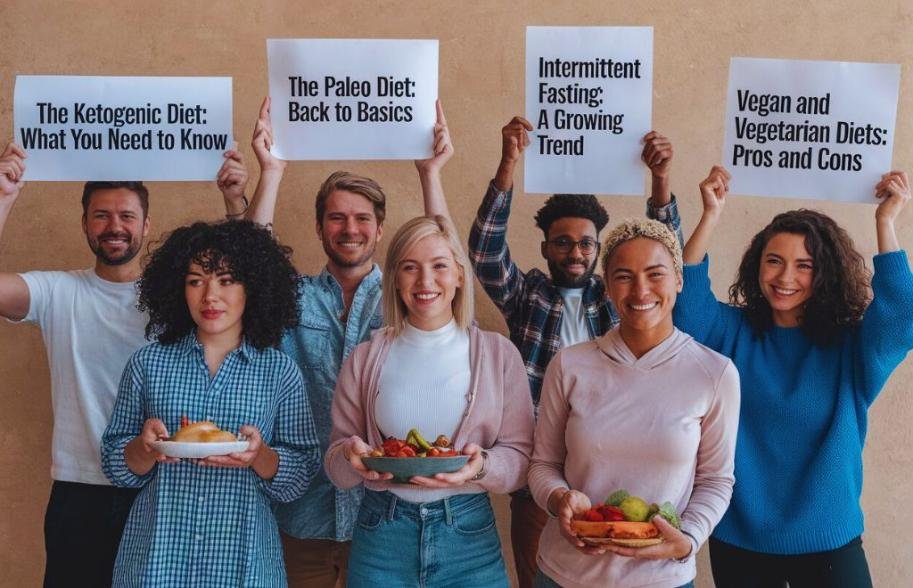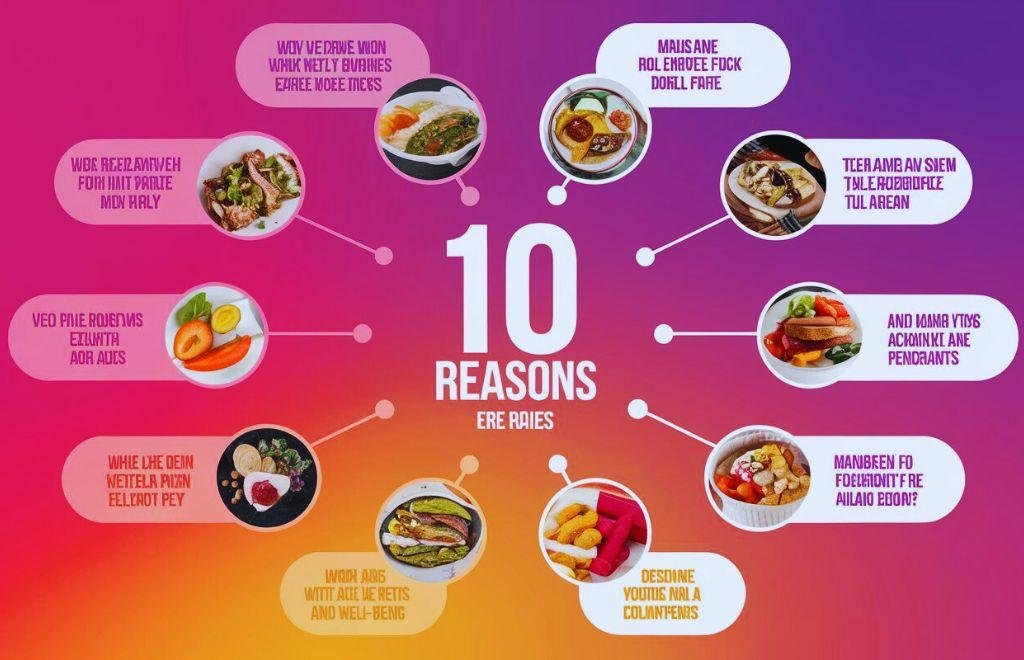The Importance of Diet

Diet is a crucial element in maintaining overall health, shaping not only physical well-being but mental and emotional balance as well. It’s more than just the food we eat—diet defines the relationship we have with nutrition, portion control, and lifestyle choices. In this article, we’ll explore various aspects of diet, including popular trends, nutritional components, and tips to build a balanced diet that can contribute to long-term well-being.
What is Diet?
Diet refers to the combination of foods and beverages consumed by an individual. It is influenced by various factors such as culture, personal preferences, nutritional needs, and lifestyle choices. A well-balanced diet includes a variety of nutrients essential for growth, energy, and maintenance of bodily functions.
The Role of Nutrition in Daily Life
Nutrition plays a key role in keeping the body functioning correctly. Carbohydrates provide energy, proteins help in building and repairing tissues, and fats are necessary for brain health and energy storage. A balanced intake of vitamins, minerals, and water is also essential for sustaining the body’s health and preventing diseases.
Different Types of Diets
There are countless diets available today, each catering to different needs and goals. Whether the focus is weight loss, muscle gain, or overall health improvement, a well-structured diet can make a significant difference. Diets range from low-carb and high-fat to plant-based options, each with its unique benefits and challenges.
How Diet Affects Your Health
A poor diet can lead to various health issues, including obesity, diabetes, and heart disease. Conversely, a well-balanced diet rich in nutrients supports the immune system, improves mental health, and reduces the risk of chronic diseases. Ensuring that your diet includes the right balance of macronutrients and micronutrients is key to maintaining health over time.
Popular Diet Trends

The Ketogenic Diet: What You Need to Know
The ketogenic diet, or keto, focuses on a low-carb, high-fat eating plan that encourages the body to enter a state of ketosis. In ketosis, the body burns fat for fuel instead of carbohydrates, which can lead to significant weight loss. However, the diet is not without its drawbacks, such as difficulty maintaining long-term and the risk of nutrient deficiencies.
The Paleo Diet: Back to Basics
The Paleo diet encourages consuming whole foods similar to what our ancestors ate during the Paleolithic era. This diet focuses on lean meats, vegetables, fruits, and healthy fats while eliminating processed foods, grains, and dairy. It is praised for its potential to reduce inflammation but may lack variety in the long run.
Intermittent Fasting: A Growing Trend
Intermittent fasting involves cycling between periods of eating and fasting. This diet strategy can improve metabolism, promote fat loss, and potentially increase longevity. However, it’s important to approach fasting with care, as improper implementation can lead to overeating or nutrient imbalances.
Vegan and Vegetarian Diets: Pros and Cons
Vegan and vegetarian diets eliminate animal products and focus on plant-based nutrition. While these diets can provide all necessary nutrients if properly managed, they require careful planning to avoid deficiencies in protein, vitamin B12, and iron.
Nutritional Components

Macronutrients: Carbohydrates, Proteins, and Fats
Macronutrients are the building blocks of nutrition, providing energy and supporting bodily functions. Carbohydrates are the body’s primary energy source, while proteins aid in muscle repair and growth. Fats are also vital for energy storage and brain function.
Micronutrients: Vitamins and Minerals
Micronutrients, including vitamins and minerals, are necessary for various biochemical processes in the body. They support immune function, bone health, and energy metabolism. Even though they are required in small amounts, deficiencies can lead to serious health problems.
Importance of Hydration in Your Diet
Hydration is often overlooked in discussions about diet, yet it is a critical component. Water is involved in nearly every bodily function, from temperature regulation to digestion. Staying adequately hydrated can also support weight loss by improving metabolism and reducing overeating.
Building a Balanced Diet

How to Create a Personalized Diet Plan
Building a personalized diet plan starts with understanding your individual nutritional needs. This can vary based on age, activity level, and health goals. A balanced diet should include a variety of foods that meet these needs without excess calories or harmful substances.
The Role of Portion Control
Portion control is essential in managing weight and ensuring that the body receives the right amount of nutrients. Overeating, even healthy foods, can lead to weight gain and nutrient imbalances. Mindful eating practices can help in controlling portion sizes and making better food choices.
Incorporating Healthy Snacks into Your Diet
Healthy snacks are an important part of maintaining energy levels throughout the day. Choose snacks rich in protein, fiber, and healthy fats, such as nuts, fruits, and yogurt, to avoid the temptation of unhealthy, processed options.
FAQs of Diet

